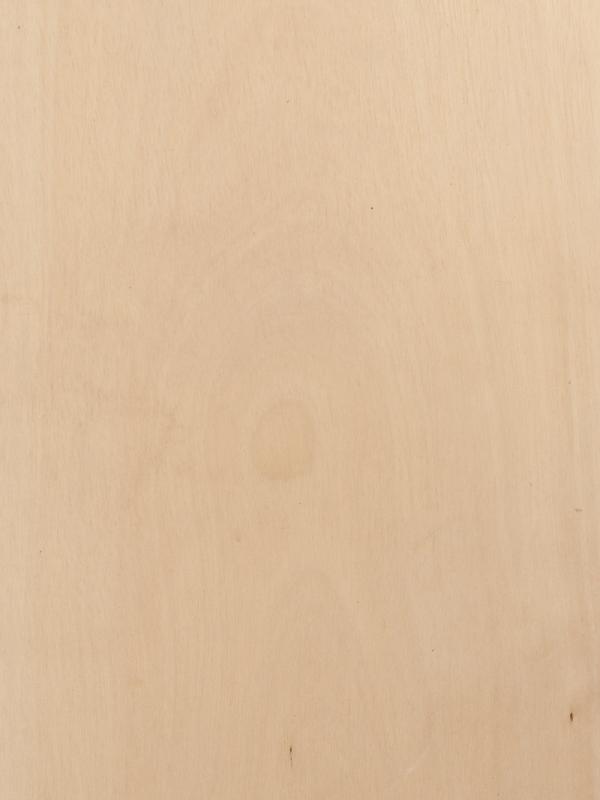
Family: Byera Costulata, the Apocynaceae Family
Origin: Lives in rainforests in areas we call Malaysia, Borneo, and Sumatra.
Common Names: Jelutong
The Tree: Jelutong is a tall hardwood tree that grows rapidly. It can grow to 200 feet or higher with diameters of 5 feet to 6 feet and boles clear and straight for 90 feet.
Appearance of Wood: The wood from Jelutong is very light in color, ranging from creamy white to pale yellow with grain that is plain and straight with even texture. Jelutong has a plain appearance when first manufactured with no difference between the sapwood and heartwood. Once the wood is exposed to air it will have a yellowish tint.
Density: Wood has a medium density, low stiffness, and bending and crushing strengths. The average weight is 29 pounds per cubic foot with a specific gravity of .36 to .45.
Dry and Shrinkage: The wood dries easily with few problems. Experts recommend proper air circulation when the material is air-dried. Thick stock can be hard to dry without the material staining. Shrinkage values are 2.3% radial, 5.5% tangential, 6.2% volumetric.
Working Properties: Attributes such as low density, ease of workability, plain grain, and fine texture have made this wood extremely popular with carvers and patternmakers. The wood has excellent dimensional stability, and it holds a stain or finish very well. Jelutong has exceptional working and finishing properties due to its straight grains, consistent texture, and nice luster.
Durability: Any applications should be limited to those of the indoor variety as the wood is decidedly non-durable. Jelutong is susceptible to fungi and dry wood borers.
Uses: Latex production, patternmaking, carving, utility, and small specialty wood items. Jelutong can also be used to make toys, matchsticks, packing crates, and blackboards. Jelutong is one of many trees tapped for material that is used as a base for chewing gum.
Availability: Trees can grow to towering heights, so sizable boards are not uncommon. Although finding available lumber in the US is uncommon. Jelutong is not threatened to extinction but has been over-harvested in some areas which makes the availability of carving blanks and lumber limited.